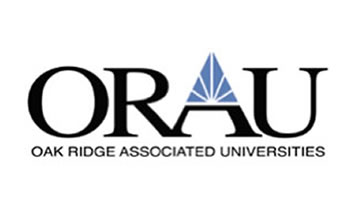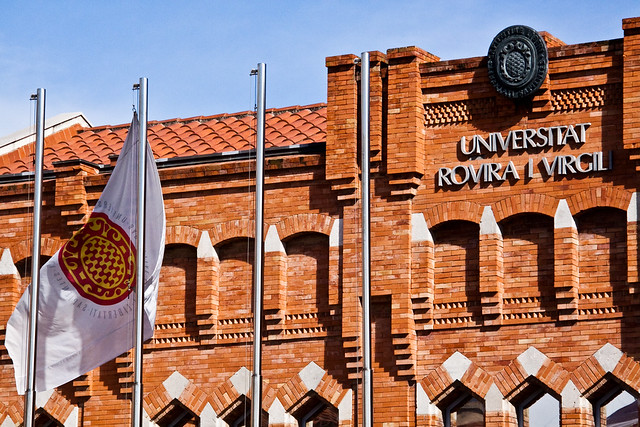 The Alcohol, Drugs, & Tobacco Study Group of the Society for Medical Anthropology has organized a roundtable for the upcoming AAA meetings in Chicago. The roundtable, “Looking Back, Moving Forward: Reflections on Public Engagement in the Anthropology of Alcohol, Drugs, and Tobacco,” will take place on Wednesday, November 20, 2013, at 8:00 pm – 9:45pm at the Chicago Hilton.
The Alcohol, Drugs, & Tobacco Study Group of the Society for Medical Anthropology has organized a roundtable for the upcoming AAA meetings in Chicago. The roundtable, “Looking Back, Moving Forward: Reflections on Public Engagement in the Anthropology of Alcohol, Drugs, and Tobacco,” will take place on Wednesday, November 20, 2013, at 8:00 pm – 9:45pm at the Chicago Hilton.
The roundtable will focus on the centrality of public engagement in the development of the anthropology of alcohol, drugs, and tobacco (ADT). Anthropologists of ADT have consistently contributed to projects, collaborations, and conversations marked by this type of commitment. Public engagement, however, has taken many shapes and held various meanings for anthropologists of ADT. Panelists will discuss their previous projects, current engagements, and future research agendas in order to reflect on the various roles and manifestations of public engagement in the past, present, and future of the anthropology of ADT. While addressing the specific themes of ADT, this roundtable also speaks to scholars working in the broader field of medical anthropology. In recent years, the field has seen a marked increase in socially relevant and politically engaged scholarship. Now more than ever, medical anthropologists are consciously addressing real life problems and issues through their writing, speaking, and social activism and advocacy. Many, particularly junior scholars, search for ways to reach beyond the academy to engage the public and exact social, political, and intellectual change. This roundtable serves as a forum from which to discuss the ways in which we can shape our relationship with the public and our place within the public in the future.
The panel is organized by Shana Harris (National Development and Research Institutes) and Tazin Karim (Michigan State University), and is chaired by Roland Moore (Pacific Institute for Research and Evaluation). The roundtable participants are William Garriott (Drake University), Helena Hansen (New York University), Daniel Lende (University of South Florida), Mark Nichter (University of Arizona), and J. Bryan Page (University of Miami).
To help catalyze the discussion, we welcome any questions you have regarding alcohol, drugs, or tobacco research (past or future) that you would like this distinguished group of presenters to tackle. Feel free to submit any questions prior to the conference to Roland Moore at roland@prev.org .
Thank you!
Shana Harris, Taz Karim, and Roland Moore

 WORLD”
WORLD” The Alcohol, Drug, and Tobacco Study Group (ADTSG) of the Society for Medical Anthropology requests submissions for the best graduate student paper in the anthropology of alcohol, drugs, pharmaceuticals, tobacco or similar substances. Qualifying submissions will be judged by a committee of ADTSG members. The author of the winning paper will receive a cash award of $100 and her or his name will be announced in Anthropology News and at the Society for Medical Anthropology awards ceremony at the American Anthropological Association Annual Meeting in November. Submissions from all anthropological sub-disciplines are encouraged.
The Alcohol, Drug, and Tobacco Study Group (ADTSG) of the Society for Medical Anthropology requests submissions for the best graduate student paper in the anthropology of alcohol, drugs, pharmaceuticals, tobacco or similar substances. Qualifying submissions will be judged by a committee of ADTSG members. The author of the winning paper will receive a cash award of $100 and her or his name will be announced in Anthropology News and at the Society for Medical Anthropology awards ceremony at the American Anthropological Association Annual Meeting in November. Submissions from all anthropological sub-disciplines are encouraged.  We’re very pleased to announce the publication of this new edited volume on the anthropology of addiction.
We’re very pleased to announce the publication of this new edited volume on the anthropology of addiction. Four fellowship opportunities are available within the Office of Health Communication and Education (OHCE) in the Center for Tobacco Products (CTP) at the U.S. Food and Drug Administration (FDA). CTP aims to protect Americans from tobacco-related death and disease by regulating the manufacture, distribution, and marketing of tobacco products and by educating the public, especially young people, about tobacco products and the dangers their use poses to themselves and others. CTP oversees the Family Smoking Prevention and Tobacco Control Act.
Four fellowship opportunities are available within the Office of Health Communication and Education (OHCE) in the Center for Tobacco Products (CTP) at the U.S. Food and Drug Administration (FDA). CTP aims to protect Americans from tobacco-related death and disease by regulating the manufacture, distribution, and marketing of tobacco products and by educating the public, especially young people, about tobacco products and the dangers their use poses to themselves and others. CTP oversees the Family Smoking Prevention and Tobacco Control Act.

 This announcement is regarding the seventh Summer Institute on Alcohol, Drugs and Addiction which will be held at the Graduate School of Social Sciences at the University of Amsterdam from July 7 – 20, 2013.
This announcement is regarding the seventh Summer Institute on Alcohol, Drugs and Addiction which will be held at the Graduate School of Social Sciences at the University of Amsterdam from July 7 – 20, 2013.  This year, the Society for Medical Anthropology will be hosting our annual conference in June with the European Association of Social Anthropologists (EASA) in Tarragona, Spain at the Universitat Rovira i Virgili. Unlike a traditional conference, the ADTSG will not be able to submit panel proposals. Instead, we encourage you to submit individual proposals.The following is taken from an email from the SMA president, Doug Feldman:
This year, the Society for Medical Anthropology will be hosting our annual conference in June with the European Association of Social Anthropologists (EASA) in Tarragona, Spain at the Universitat Rovira i Virgili. Unlike a traditional conference, the ADTSG will not be able to submit panel proposals. Instead, we encourage you to submit individual proposals.The following is taken from an email from the SMA president, Doug Feldman: